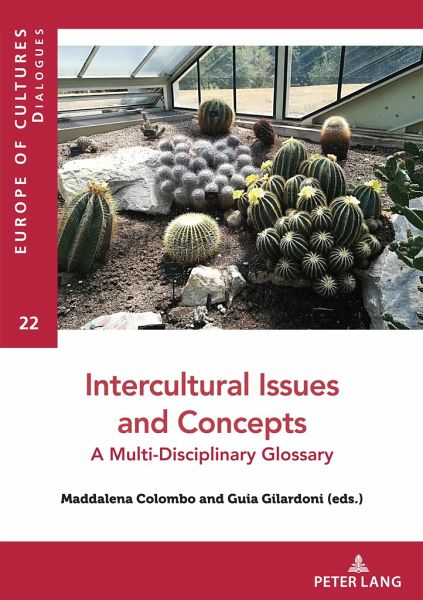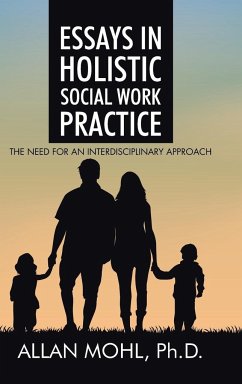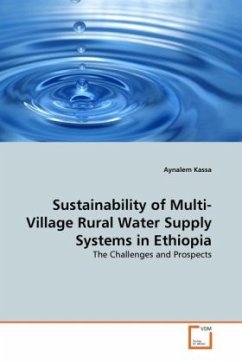
Intercultural Issues and Concepts
A Multi-Disciplinary Glossary
Herausgegeben: Colombo, Maddalena; Gilardoni, Guia
Versandkostenfrei!
Versandfertig in 6-10 Tagen
48,15 €
inkl. MwSt.
Weitere Ausgaben:

PAYBACK Punkte
0 °P sammeln!
Why an intercultural glossary today? How does interculturalism deal with the cultural shifts led by the resurgence of populism in Europe leading towards increasingly close-minded and selfish attitudes? Are the social sciences helpful in the implementation of an intercultural approach? How to teach students the fundamentals of interculturalism? Over the last years, the fierce populisms raising around Europe has been a strong enemy of interculturalism which grow weaker in front of the simplest solutions provided by intolerance and racism. Social sciences provide strong concepts to be grounded in...
Why an intercultural glossary today? How does interculturalism deal with the cultural shifts led by the resurgence of populism in Europe leading towards increasingly close-minded and selfish attitudes? Are the social sciences helpful in the implementation of an intercultural approach? How to teach students the fundamentals of interculturalism? Over the last years, the fierce populisms raising around Europe has been a strong enemy of interculturalism which grow weaker in front of the simplest solutions provided by intolerance and racism. Social sciences provide strong concepts to be grounded in social policy, urban administration, education, and interreligious dialogue. Drawing from sociology, psychology, history, philosophy, education, human geography, and international law, the book offers a list of 18 «middle-range concepts»- as social integration, migration governance, cultural identity, participation, citizenship, reflexivity, resilience - and «thematic issues», like overcoming racism, revitalising urban periphery, and human rights enforcement. Each entry includes elements of reflection for the development of practices and projects coping with major societal challenges in the extra-academic areas. The book, written by a multi-national pool of European academic lectures, is meant to facilitate all actors committed to the building of a more inclusive society.














